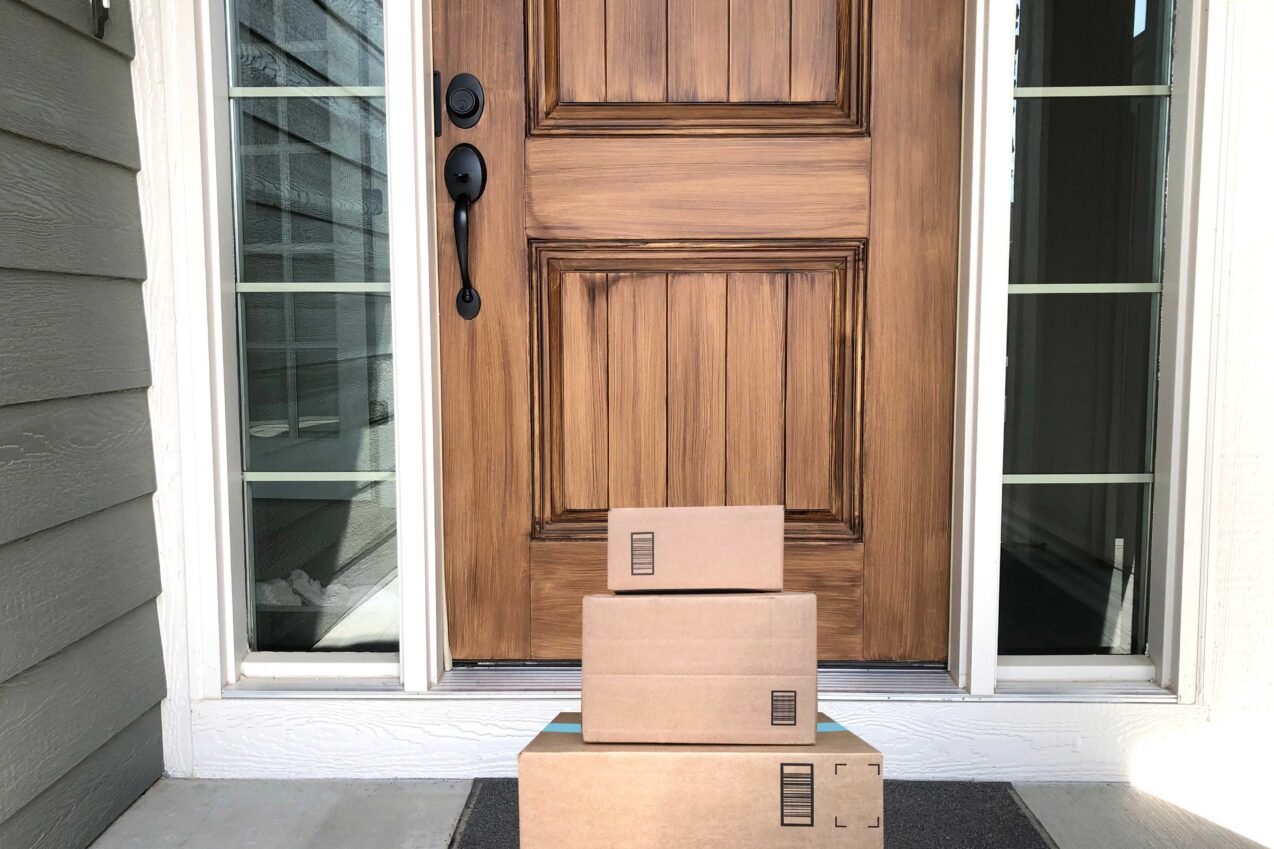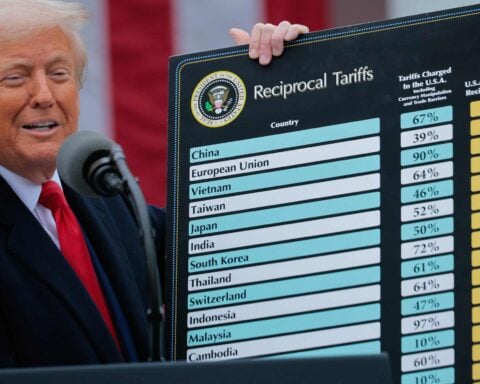Package theft, often referred to as "porch piracy," remains a significant concern in the United States. The rise of e-commerce has led to a substantial increase in residential deliveries, resulting in troubling rates of stolen packages.
There were over 120 million reported package theft incidents in 2023. However, the real number is likely higher due to underreporting, as victims forgo filing reports due to the slim chances of recovery or arrest.
The U.S. Postal Inspection Service (USPIS) reports mail and package theft is a persistent issue. Between 2018 and 2023, Postal Inspectors arrested nearly 9,000 suspects related to mail and package theft crimes. Additionally, USPS handles billions of mail items annually, making theft a notable concern, especially in densely populated areas like Los Angeles and New York City.
The problem tends to be worse during holidays – like Christmas and Valentine’s Day – when the volume of online shopping surges. An estimated 210 million packages are stolen annually across the U.S., costing consumers over $19.5 billion.
Deliveries from major carriers like Amazon, USPS, and FedEx are frequently targeted due to their ubiquity. The rise of e-commerce, with a projected 17.9% increase in online orders in 2024, exacerbates this problem.
Certain cities face disproportionate risk. The top 10 worst cities for package thefts are San Francisco, Seattle, Austin, L.A., Fresno, Milwaukee, Portland, Sacramento, New Orleans, and Hartford. Many people rely on surveillance cameras, yet arrests remain rare. For example, despite dozens of video-captured thefts, L.A. Police Department data reveals there were only 25 arrests in 2023 related to package theft. However, efforts like deploying "bait packages" equipped with GPS trackers have shown promise in catching repeat offenders but remain limited in scope.
To avoid packages being stolen, it’s recommended to install security cameras, require delivery signatures, use parcel lockers, or arrange alternative delivery locations, which can reduce the likelihood of theft. Community watch initiatives and shared neighborhood surveillance also help in monitoring suspicious activity.
If you discover that a package has been stolen, the first step is to check your surroundings thoroughly to confirm it wasn't delivered to a hidden or alternative location. Then, contact the delivery company immediately to report the theft and provide tracking information. Many companies – like Amazon, FedEx, and USPS – offer policies or programs that may refund or replace stolen packages if theft is verified. Additionally, it’s recommended to file a police report for documentation purposes — while it may not lead to immediate recovery, it helps local law enforcement track patterns of theft. If the package was insured, contact the insurer to initiate a claim.
To protect yourself from future package theft, consider investing in secure delivery solutions. Options include using a lockable parcel box, requesting delivery to an alternative secure location – like a workplace or a nearby Amazon Hub locker – or requiring a signature for delivery. Home security systems, such as doorbell cameras, can also act as both deterrents and evidence collectors. Regularly monitoring delivery updates and promptly retrieving packages can further minimize the risk. Additionally, utilizing services like USPS Hold for Pickup or arranging delivery times when you're home can reduce the chances of theft.
As people across the U.S. continue to embrace online shopping, package theft remains a persistent threat, calling for heightened community awareness, and preventive action. Policymakers and law enforcement are urged to develop targeted strategies to curb this rising crime, while consumers must adapt by safeguarding their deliveries more effectively.
The best protection against porch piracy is vigilance, creative preventive measures, and collective action within their communities.

 Trump has begun another trade war. Here's a timeline of how we got here
Trump has begun another trade war. Here's a timeline of how we got here
 Canada's leader laments lost friendship with US in town that sheltered stranded Americans after 9/11
Canada's leader laments lost friendship with US in town that sheltered stranded Americans after 9/11
 Chinese EV giant BYD's fourth-quarter profit leaps 73%
Chinese EV giant BYD's fourth-quarter profit leaps 73%
 You're an American in another land? Prepare to talk about the why and how of Trump 2.0
You're an American in another land? Prepare to talk about the why and how of Trump 2.0
 Chalk talk: Star power, top teams and No. 5 seeds headline the women's March Madness Sweet 16
Chalk talk: Star power, top teams and No. 5 seeds headline the women's March Madness Sweet 16
 Purdue returns to Sweet 16 with 76-62 win over McNeese in March Madness
Purdue returns to Sweet 16 with 76-62 win over McNeese in March Madness








